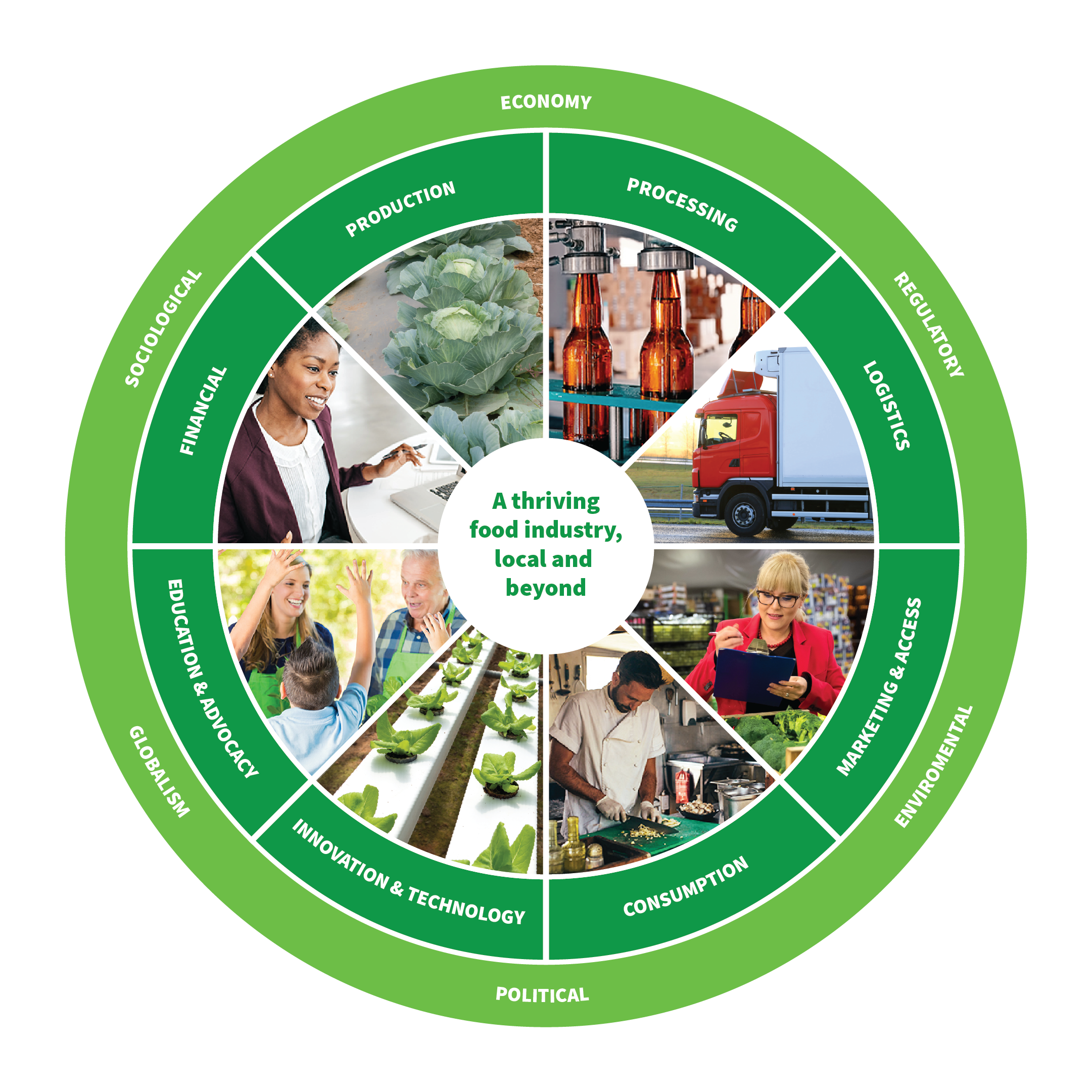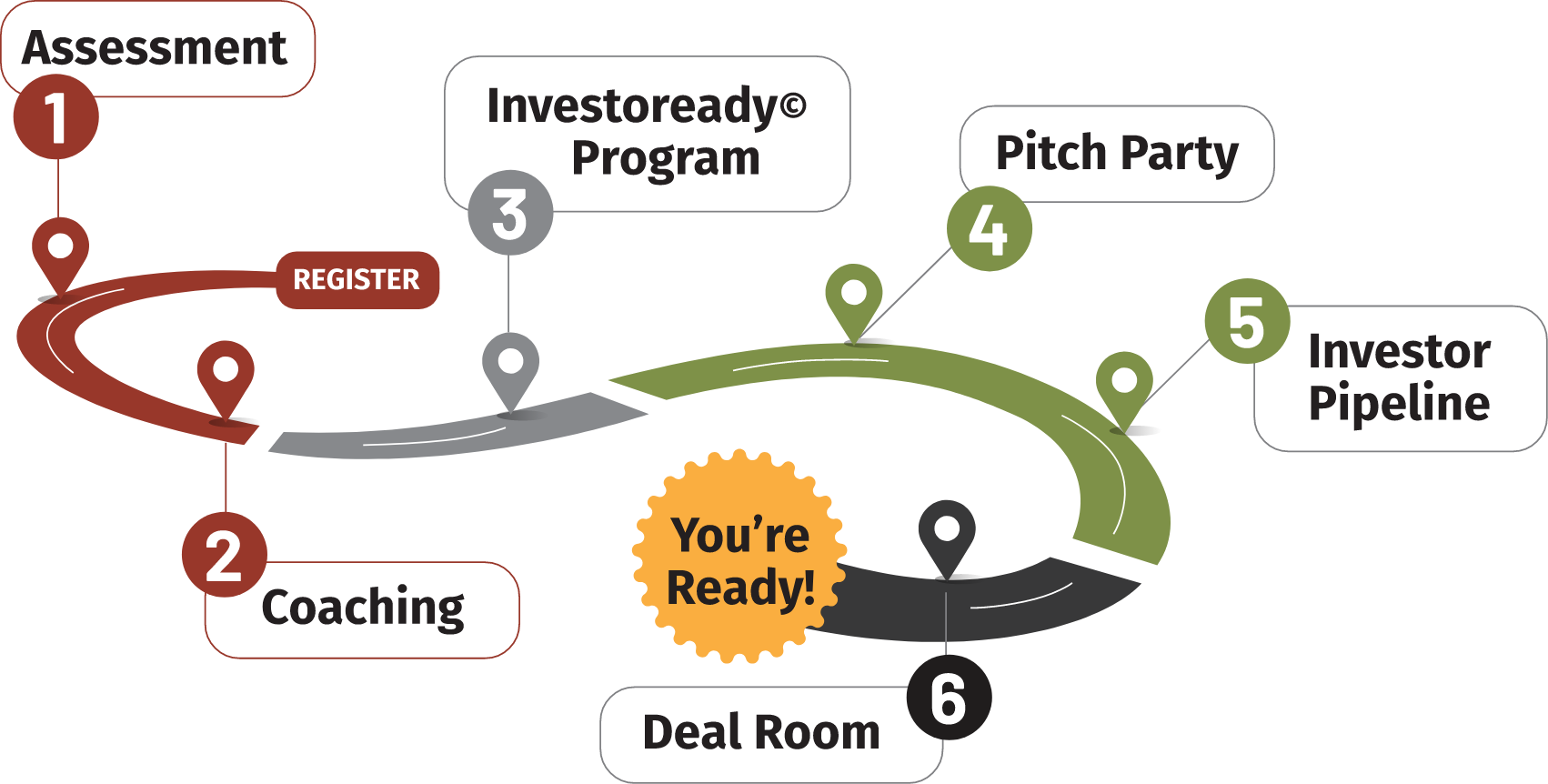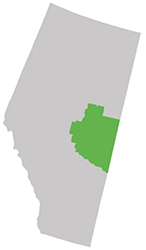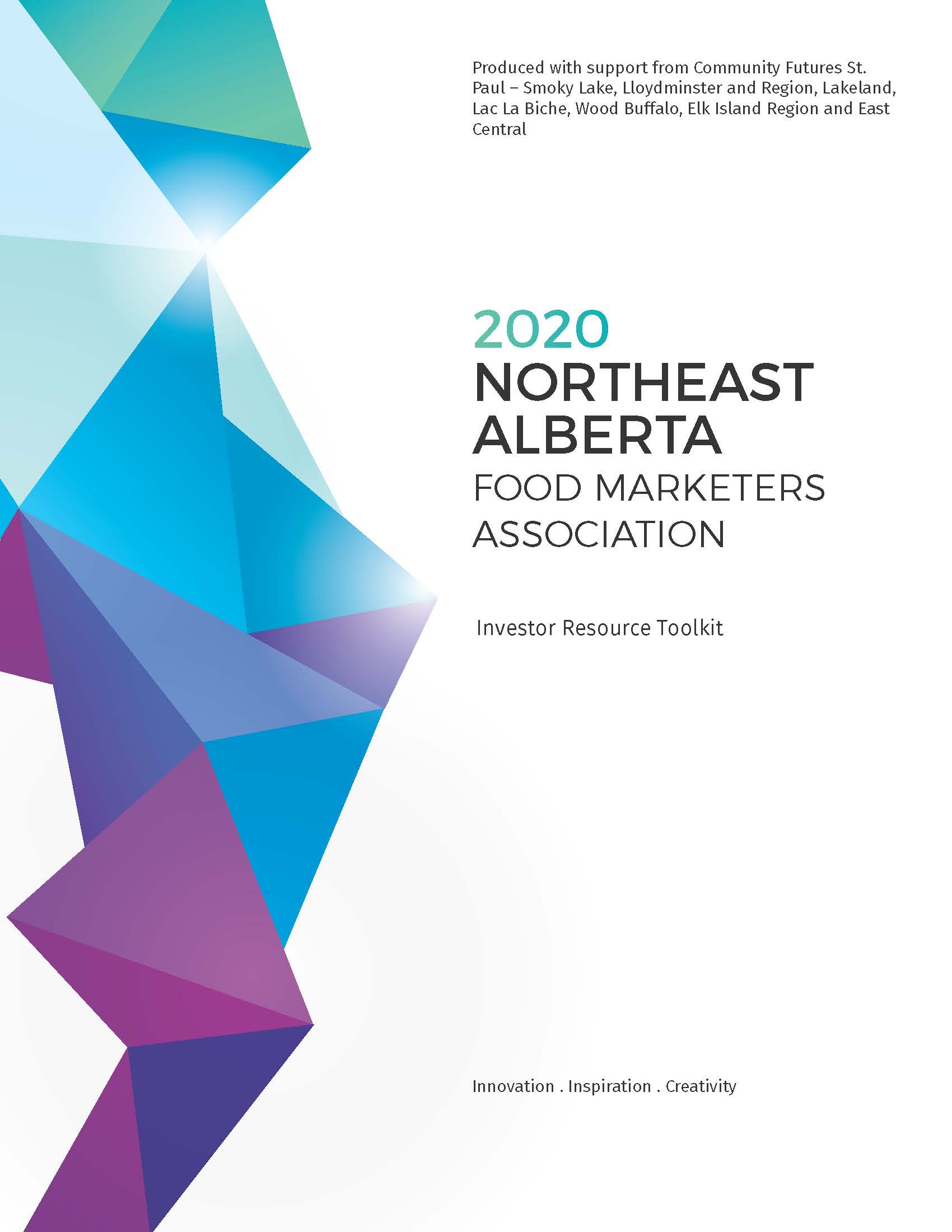NAFMA Annual General Meeting
When: Monday Feb 9th, 2026 at 7:00pm
Location: Zoom Online
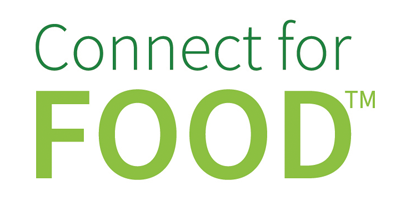
Connect for Food
This project is about reaching out and connecting with all those in our regional food community as seen in the food wheel below.
Connect for Food is a proven process to stimulate initiatives that advance our food sector and revitalize our rural economy.
CFF is a needs-based, results-driven approach committed to measurable outcomes. It is unique in that it is inclusive of all members of the Food Wheel and supply-demand spectrum, regardless of scale.
The process focuses on economic and social benefits of a diverse, integrated food system. It supports regional production, processing, and consumption, incorporating imports and exports in a dynamic balance. Emphasis is on growing what we eat and eating what we grow.
The success of CFF projects is founded on the engagement and support of individuals, organizations, communities, businesses and municipalities.
Project is funded in part by: Prairies Can
Project Lead: Community Futures St. Paul – Smoky Lake
Consultants: ClearThinkGroup
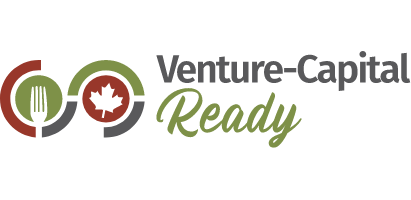
Registration is now OPEN!
Phase 2 of this program is now open for registrations. Read more below and click the button to check your eligibility. Have questions? Click here for contact information.
Venture Capital Ready
If it is time to grow your agri-food business but, like many women, BIPOC, and gender diverse entrepreneurs, you worry about the challenges and barriers you could face in finding financing – this program provides you with the insight, know-how, and resources you need.
If your business has a product line that has proven itself in the market and you believe it is time to scale up, you’re likely close to being Venture-Capital Ready.
Venture-Capital Ready: Investment Training for Women Entrepreneurs is a new initiative of the Small Scale Food Processor Association. With our many partners, we have created a Canada-wide program that trains BIPOC, gender diverse, rural, and otherwise marginalized women in the agri-food space to get financing, improve the networks and expertise they need.
With this training, they will be READY to present their scale-up plan to interested investors. We are grateful to the Government of Canada’s Women Entrepreneurship Strategy for the funding support to make this much needed program possible.
Project is funded in part by: Government of Canada
Project Lead: Small Scale Food Processor Association
Consultants: Farm Food Drink
Who is NAFMA?
The Northeast Alberta Food Marketers’ Association is a group of food producers, processors who came together and with the help of Community Futures Offices, have developed a Northeast Food Brand (to identify food/beverage from Northeast Alberta) and who worked with Portage College (St. Paul Campus) in the development of the food processing centre in St. Paul.
NAFMA maintains a database on those that grow, raise, produce, process and service the local food community in Northeast Alberta.
Regional Map
Explore each Town & County in our region and find out more about Agrifood Producers, Processors, Retailers and Distributors.
Regional Brand
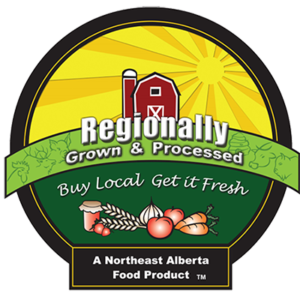
Read More
- A brand that identifies the Northeast Region of Alberta and its abundant supply of locally grown, raised and processed food.
- A Campaign to help people make an informed choice when purchasing food for their family.
- A diversification project that encourages small scale food production at the regional level with the hope that they will support a Regional Food Processing Facility.
Explore our Agrifoods Business Investor Toolkit
Navigate all our great resources and information online, or download the PDF, formatted for plain paper so you can create the hard copy right on your own printer. The PDF download features the highlights of our Toolkit including data, statistics and resources. For all available information, please continue with the online version.
